Account Login
- Home
- Mobiles
-
- News
-
All news
Latest news
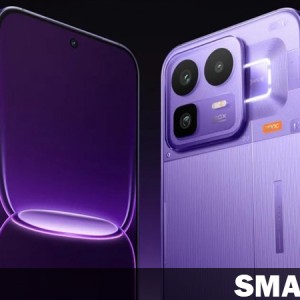
Jan 25, 2026 /
Realme Neo8 Launches with Snapdragon 8 Gen 5 & 8000mAh
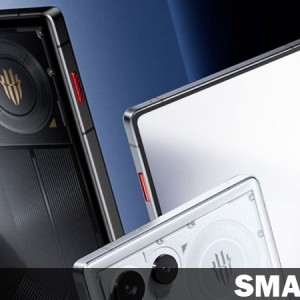
Jan 15, 2026 /
RedMagic 11 Air Design, Display & Colors Revealed
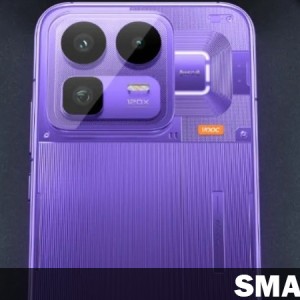
Jan 12, 2026 /
Realme Neo8 Specs Leak: 165Hz AMOLED, Snapdragon 8 Gen 5
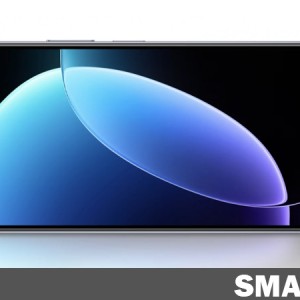
Jan 12, 2026 /
vivo Y500i Launched with 7200mAh Battery and 120Hz Display
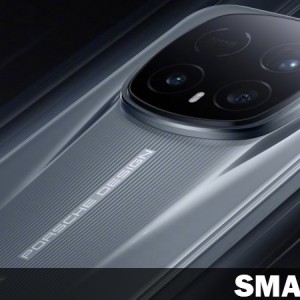
Jan 12, 2026 /
Honor Magic8 RSR Porsche Edition Launch Date Revealed
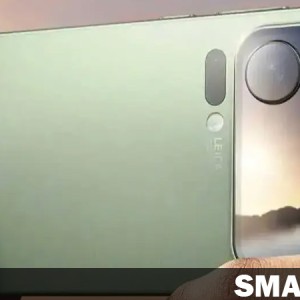
Jan 12, 2026 /
Xiaomi 17 Max Leaks Reveal Massive 8000mAh Battery
-
- Reviews
-
All reviews
Latest reviews
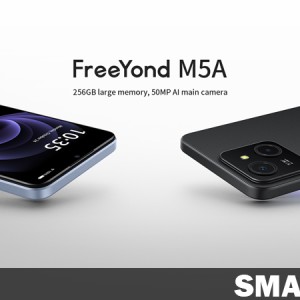
Jun 14, 2024 /
FreeYond M5A : A New Name in Budget Mobile
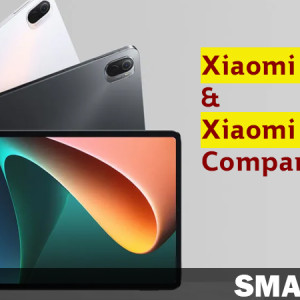
Apr 23, 2023 /
Xiaomi Pad 6 vs Xiaomi Pad 6 Pro Comparison
-
- Other
- Contact Us
Top 10 Smartphones
| Device | Total hits | ||
|---|---|---|---|
| 1 |
| 45940 | 2 |
| 34828 | 3 |
| 33527 | 4 |
| 28325 | 5 |
| 26755 | 6 |
| 24666 | 7 |
| 23076 | 8 |
| 22683 | 9 |
| 21598 | 10 |
| 21312 |
Best Ratings
Latest News
Latest Reviews
Meta Smart Glasses: Ray-Ban Display and More Unveiled
Sep 22, 2025 Chathura Prabhaswara Gamage News 2109 hits
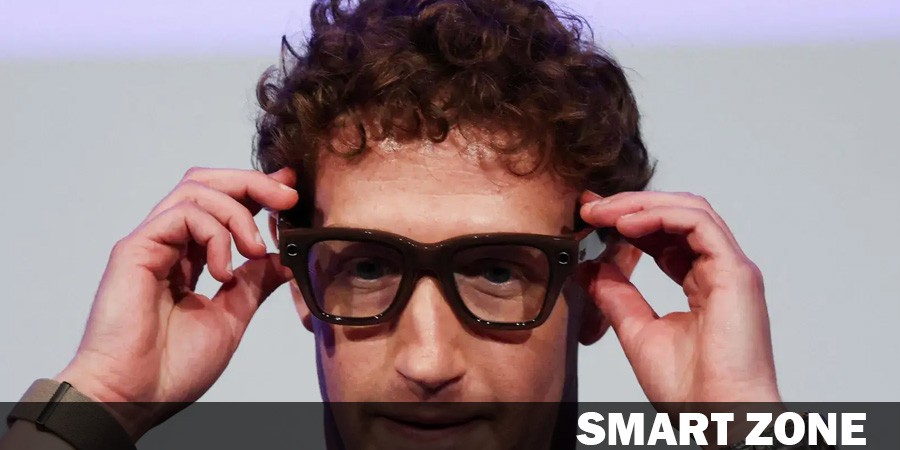
Meta Smart Glasses: Ray-Ban Display and More Unveiled
The Sri Lanka smartphone market isn’t the only tech space evolving—wearable technology is also moving fast. At the 2025 Meta Connect conference in Menlo Park, Mark Zuckerberg introduced the Ray-Ban Meta Display smart glasses, priced at $799. This marks Meta’s first consumer-grade model with a built-in digital display, blending fashion with cutting-edge neural technology.
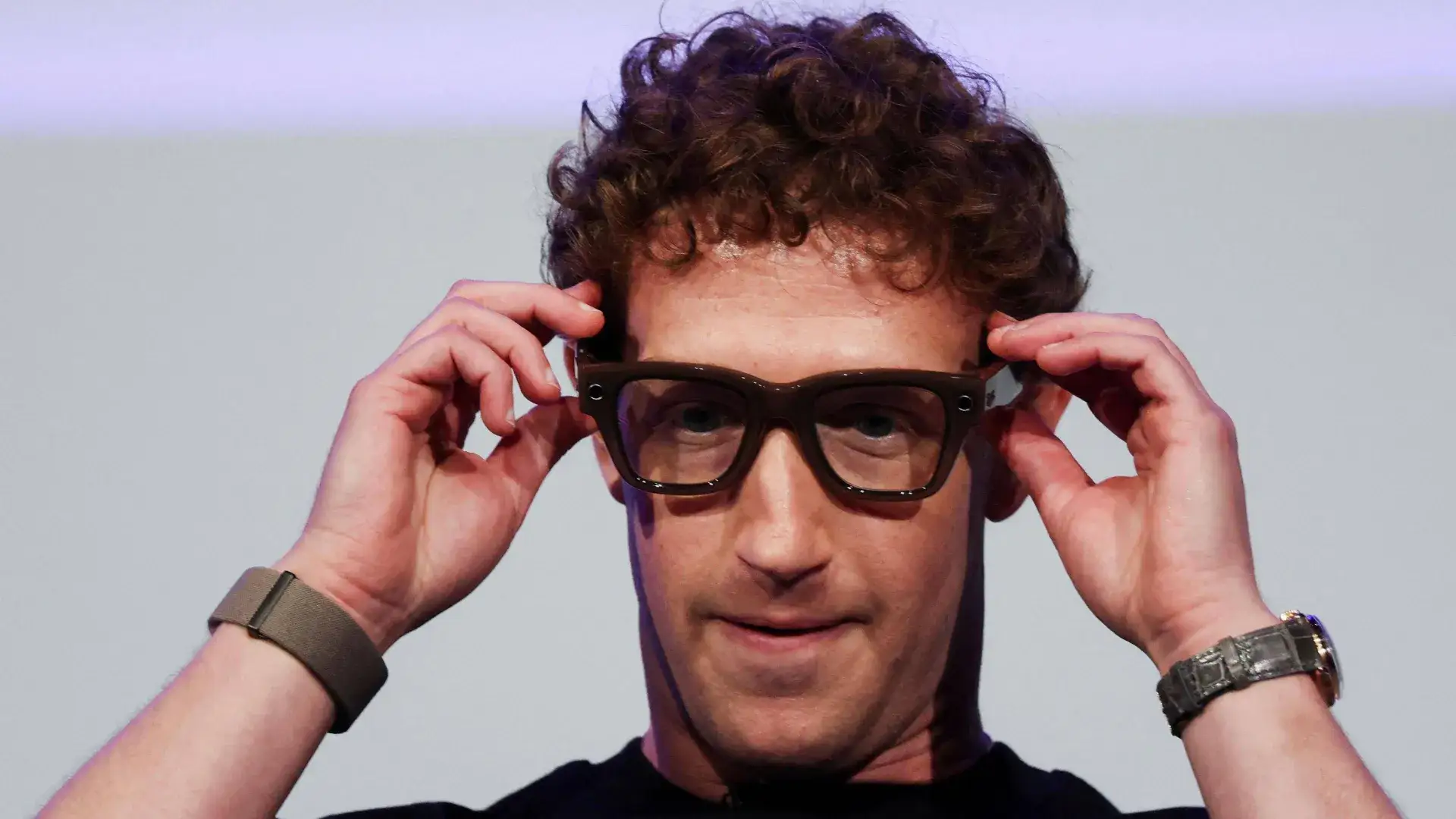
Ray-Ban Meta Display Glasses: Fashion Meets Technology
These glasses combine Ray-Ban’s timeless style with Meta’s advanced neural interface. The lenses feature a miniature display controlled through the Meta Neural Band, an EMG bracelet that interprets hand gestures into commands. This innovative setup enables users to:
- Watch short videos without blocking their field of view
- Read and reply to messages seamlessly
- Engage with interactive prompts on the display
When inactive, the display darkens, preserving the classic look and feel of standard Ray-Ban glasses. Zuckerberg emphasized this balance during the keynote, saying the product blends “style, artificial intelligence, and a high-resolution display in one balanced package.”
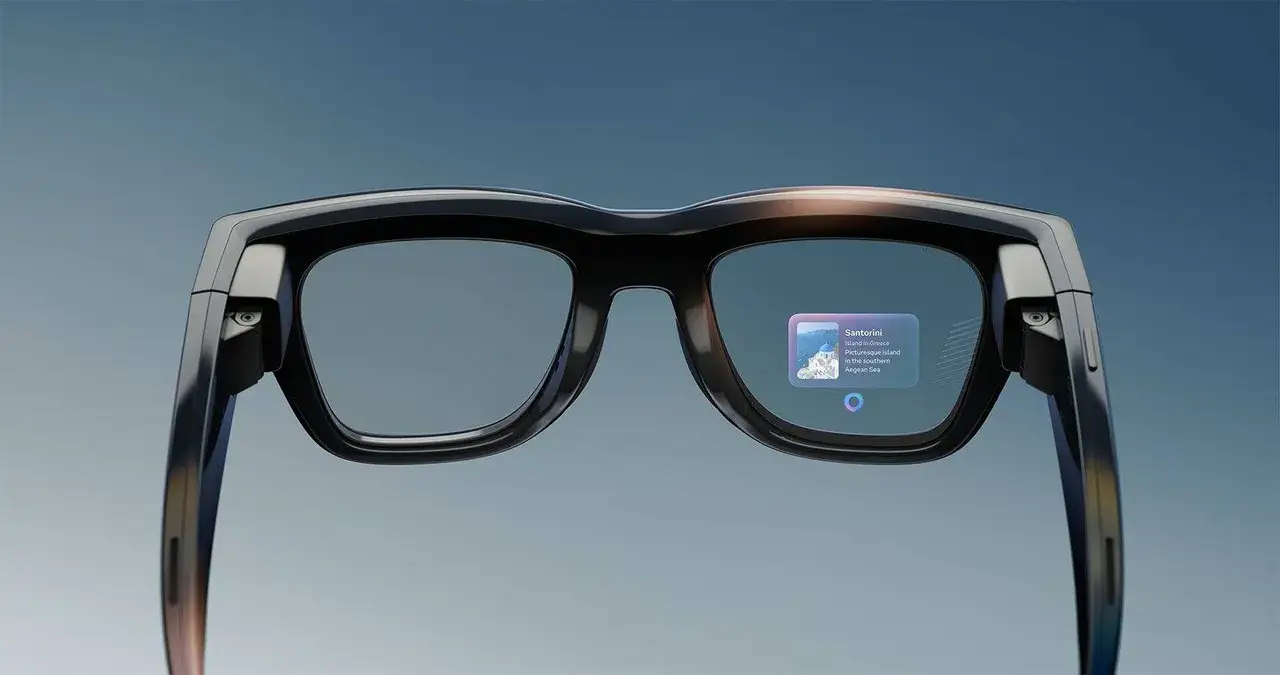
Meta Expands Its Wearables Lineup
Alongside the Ray-Ban Display, Meta announced two additional models, offering consumers more choice in smart eyewear:
Oakley Meta Vanguard – Designed for Athletes
Priced at $499, the Oakley Meta Vanguard targets fitness enthusiasts. Featuring a wraparound design, these glasses deliver nine hours of battery life, 3K video recording, and compatibility with Garmin fitness watches. The glasses also integrate Meta’s AI assistant, enabling users to monitor performance metrics like heart rate in real time. Pre-orders are open, with shipping scheduled for October 21 in the US.
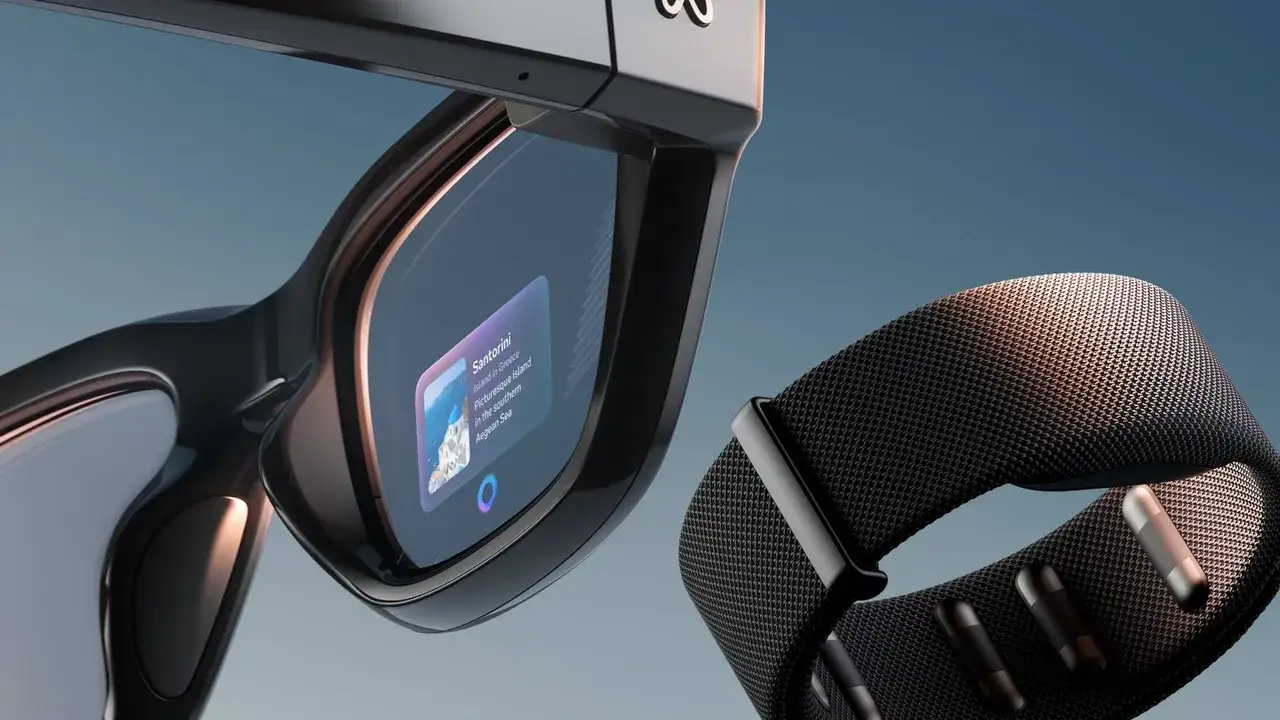
Ray-Ban Meta (Gen 2) – Improved Everyday Use
Meta also introduced the second generation of its popular Ray-Ban Meta glasses, available now for $379. These upgraded glasses offer:
- Double the battery life (up to 8 hours)
- A new 3K Ultra HD camera for sharper video recording
- Enhanced audio for clearer outdoor use
This release follows the Oakley Meta HSTN model, launched earlier this year, which introduced helmet-friendly features and stronger speakers tailored to athletes.
Beyond Smart Glasses: Meta’s Horizon TV
Meta is also expanding into content with the announcement of Horizon TV, a new entertainment app for the Quest VR headset. The platform will stream movies, sports, and shows through partnerships with Disney and Universal Pictures. This move signals Meta’s push to transform its wearable technology into a broader ecosystem of communication, fitness, and entertainment tools.
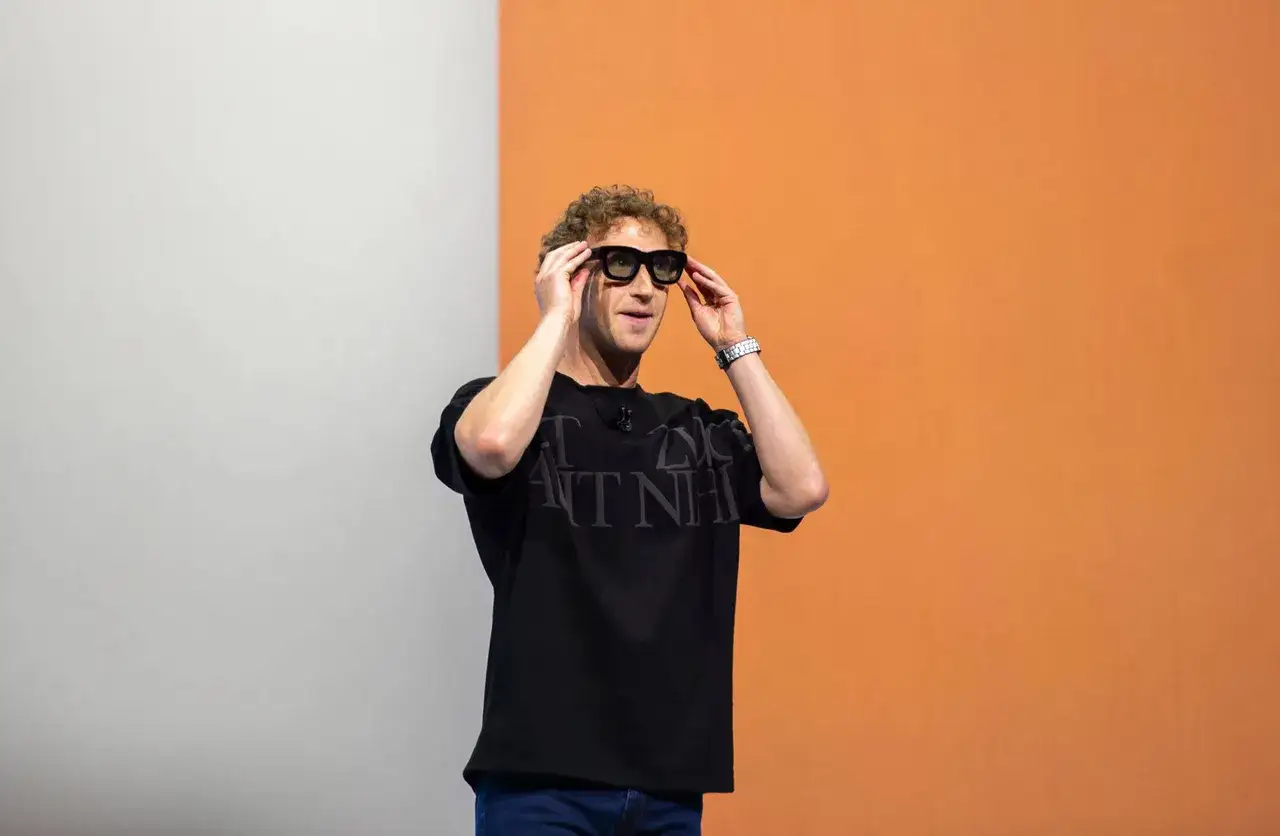
Why the Ray-Ban Display Glasses Stand Out
The Ray-Ban Display smart glasses represent an important step toward Meta’s larger augmented reality ambitions. Unlike the upcoming Project Orion, which aims to overlay 3D visuals on the real world, these glasses focus on practical, everyday functionality in a compact and stylish form. They serve as a more affordable entry point into the future of wearable displays.
Meta’s unveiling of the Ray-Ban Display smart glasses and its expanded lineup highlights the company’s vision for the future of wearable tech. By blending fashion with innovation, Meta is positioning its devices as not just futuristic experiments, but as practical tools for daily communication, fitness, and entertainment. With models priced between $379 and $799, the company is targeting a broad range of consumers.
As the wearable market continues to grow, Meta’s smart glasses may redefine how people experience digital interaction in their everyday lives.




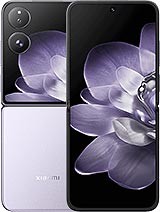
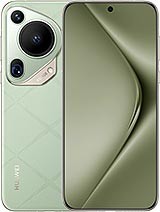
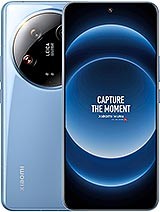
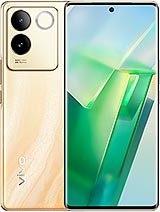
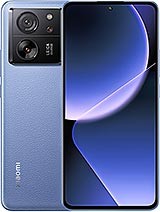
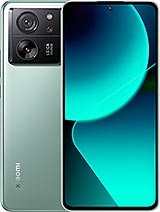
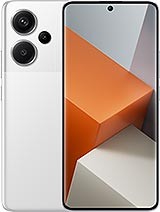

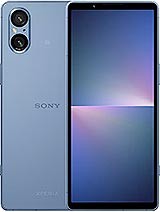
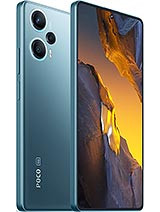
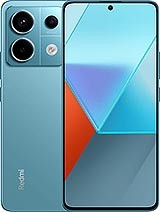
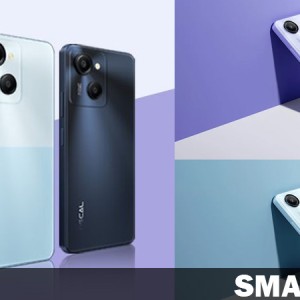
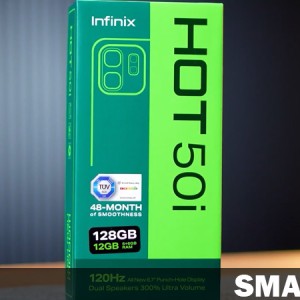
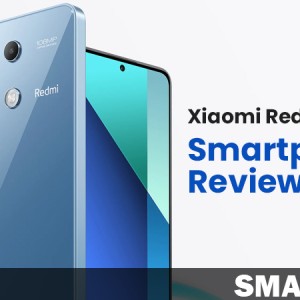

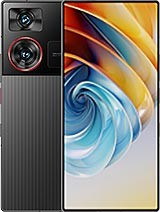
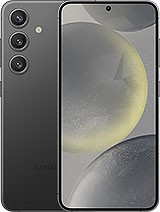
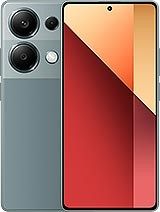
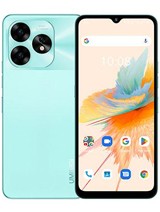
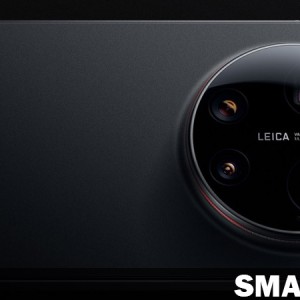
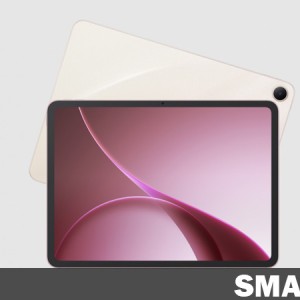
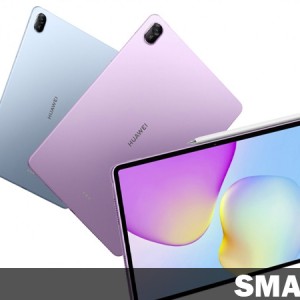



Leave a comment: